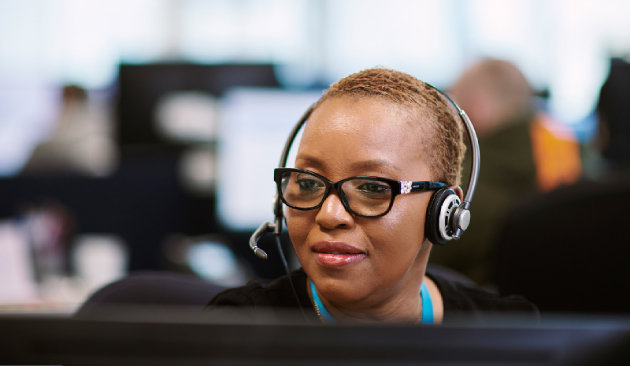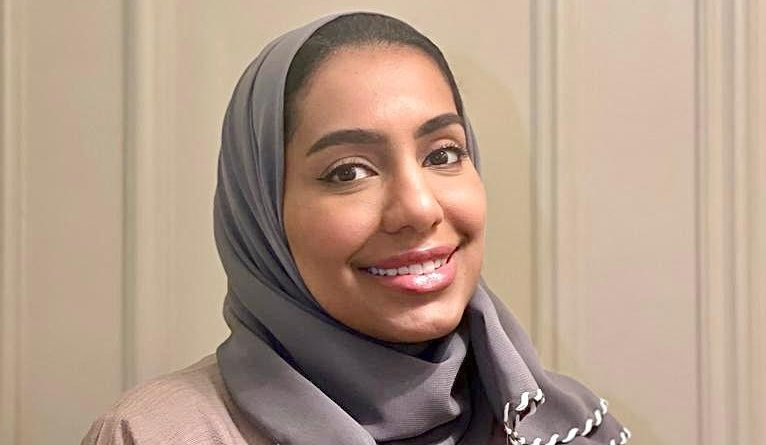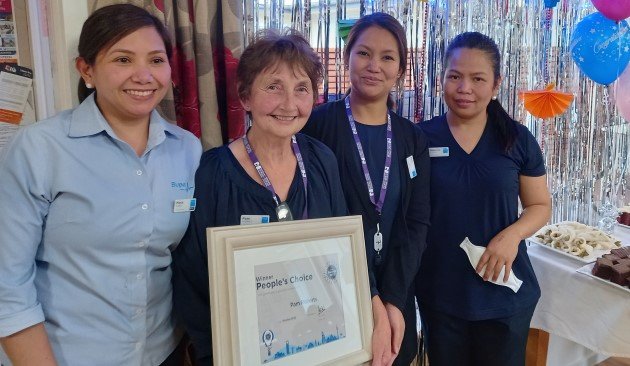Nurse, Fatmata Kamara, is a Specialist Mental Health Nurse Advisor for Bupa UK. As part of her career journey, she recently completed the ‘Leading Excellence’ course, part of BGUK’s Excellence in Healthcare development programme. Here she reflects on the impact of COVID-19 on her role.

Tell us a bit about your career journey
Prior to my career in nursing, I trained as a high school teacher in modern languages which I taught for ten years. I’ve always enjoyed helping and working with others which is why I decided to retrain as a mental health nurse. Over the years I have worked in various clinical settings including a psychiatric intensive care unit and as a community psychiatric nurse. Having developed my experience in managing large caseloads and teams, I joined Bupa and have been here for just over four years.
My current role is within the clinical team and is non-patient facing. My team and I deliver high quality, evidence-based telephone assessments, case management and assessments for eligibility of treatment for our customers.
I recently completed the Leading Excellence programme which has provided me with new leadership skills to help me within my role.
How have you adapted to changes brought on by COVID-19?
Initially I struggled to adjust to working from home for the simple reason that I love going into the office and being with other colleagues. For the first few weeks of working at home I found the change in work environment provoked some anxious feelings within me however I felt settled within a month.
What has been the biggest challenge for you and your team?
As we’re a small, close-knit team of mental health nurses the biggest challenge for me was not being able to consult face-to-face with colleagues. However, we’ve managed to work our way around this through virtual meetings, which works for us, even if at times it can feel isolating to work from home.
Each morning we have our virtual team huddle where we discuss any complex cases and colleagues can provide their specialist expertise to ensure we make the best clinical decision for each case. We also connect digitally to check in on each other which is critical for our mental wellbeing. COVID-19 has affected so many of us in many different ways so being able to catch up with colleagues virtually has been a lifeline.
What advice would you give to aspiring leaders based on what you have learnt from completing ‘Leading Excellence’?
My advice to anyone aspiring to be a healthcare leader would be to master the ability to understand your emotional needs and make this a priority. Along with this, you need to be able to respond to the needs of others; listen hard, reach out, be encouraging and supportive, be flexible in your approach and above all, show empathy.



